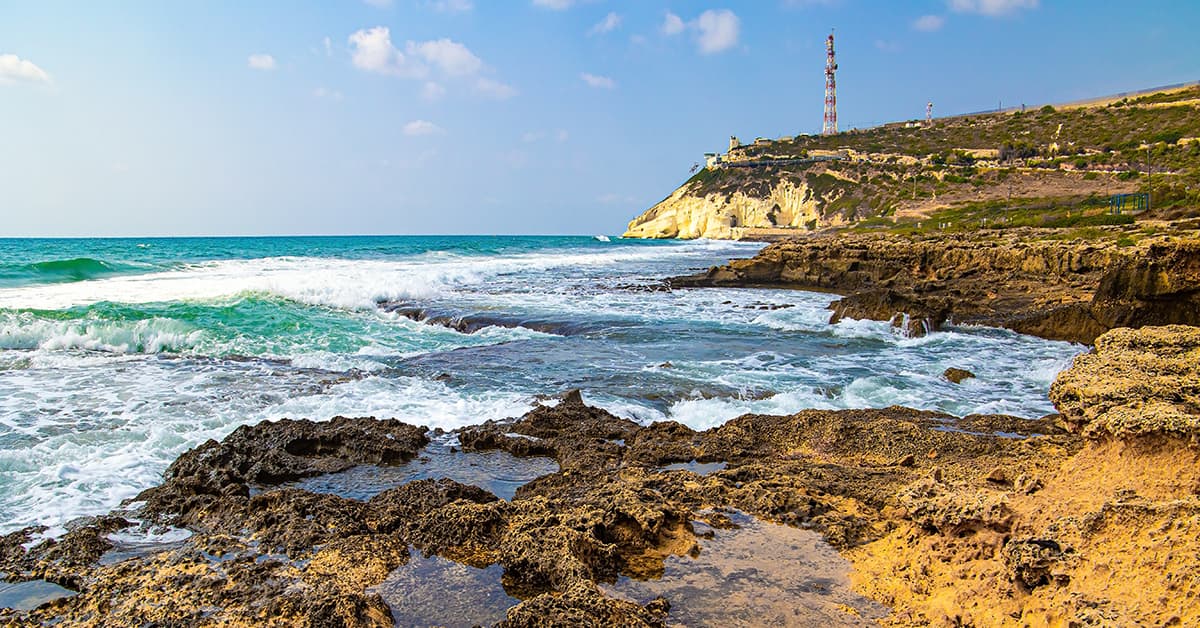The US-brokered accord could be hugely consequential, and not solely for economic benefits: Israel and Lebanon have no official diplomatic relations and remain technically at war since 1948.

After a decade of negotiations, Israel and Lebanon signed a deal that settles a maritime border dispute over 330 gas-rich square miles of the Mediterranean Sea. Under the agreement, a buoy line straddling the Qana natural reservoir will divide the contested waters, where on each side both countries will be able to extract gas. The US-brokered accord could be hugely consequential, and not solely for economic benefits: Israel and Lebanon have no official diplomatic relations and remain technically at war since 1948.
Indeed, this represents a new stage in the development of natural resources in the Eastern Mediterranean, says Richard Schofield from the Department of Geography, King’s College London: “Not only can Israel and Lebanon exploit resources right up to the new line, but this joins up with an offshore maritime framework of boundaries that is already considerably advanced.”
While it will take years for these reserves to be extracted and sold, the deal could provide Europe with a new source of gas (a fresh priority since Russia’s invasion of Ukraine), help Lebanon ease its energy and financial crises, and greatly improve Israel’s security. Further, Schofield argues, it suggests Israel could settle its land border dispute with Jordan as well, at which point “we’ll have an effective agreement between Israel and its neighbors to the north, east and south, which means that the old boundaries agreed a century back during the Palestine mandate are formally recognized as international boundaries.” This, he adds, would still leave out Syria and the Golan, and would place intensified focus on the need for a sustainable territorial accommodation with Palestine in the West Bank and Gaza.
Yet, some powerful voices are skeptical or even opposed. Former Israeli prime minister Benjamin Netanyahu called it “a historic capitulation,” hinting he may not abide by it if he wins next month’s election. Regardless, Schofield notes, in light also of the Abraham Accords and the opening of Israeli relations with the UAE and Bahrain, the agreement remains potentially reflective of a dawn of new geopolitical alignments in the Middle East region.



